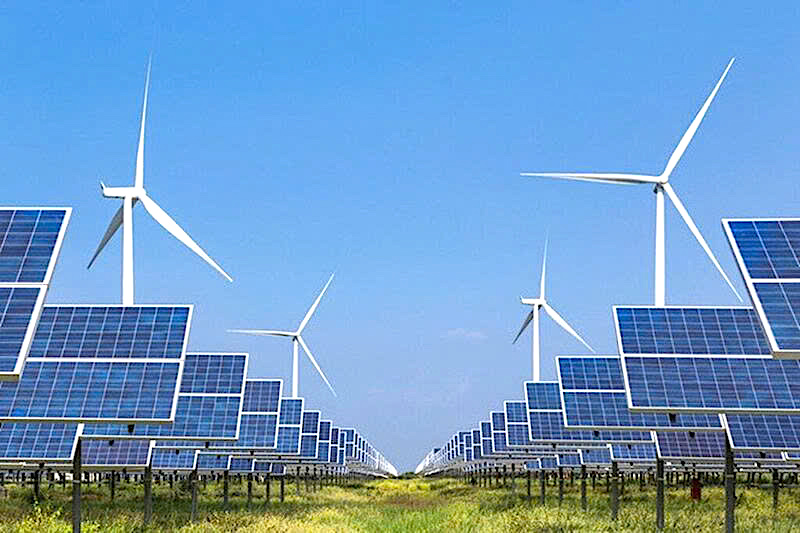
Resolution 70: Unlocking energy investment for sustainable growth
19:05 | 23/03/2025 11:43 | 08/09/2025Energy
On August 20, 2025, the Central Committee issued Reesolution 70-NQ/TW, a landmark policy prioritizing national energy security through 2030, with a vision to 2045. This resolution opens significant opportunities for private sector engagement in Vietnam’s renewable energy market, emphasizing sustainable development and global integration.
In an exclusive interview with Vietnam Economic News, energy expert Ha Dang Son elaborates on the transformative potential of Resolution 70 and its implications for Vietnam’s energy landscape.
Q: How does Resolution 70 differ from its predecessor, Resolution 55, in addressing Vietnam’s energy needs?
Ha Dang Son: Resolution 70 marks a pivotal shift, positioning energy as a critical driver of socio-economic development. While resolution 55 outlined a broad strategic framework for the energy sector, Resolution 70 focuses explicitly on national energy security, responding to global challenges that have shaped Vietnam’s energy landscape from 2021 to 2024.
During this period, geopolitical tensions, supply chain disruptions, trade conflicts, and rising energy prices significantly impacted Vietnam’s production and social welfare. As an emerging economy with deep global integration and a hub for international manufacturing, Vietnam faced heightened vulnerabilities.
Resolution 70 prioritizes energy development to ensure economic growth and social stability, reflecting a strategic and pragmatic vision. It lays the groundwork for Vietnam’s ambitious dual goal of achieving high-income, developed nation status by 2045 with sustained double-digit GDP growth. A stable, long-term energy supply is fundamental to this vision, making Resolution 70 a cornerstone for sustainable economic progress.
By addressing both immediate needs and long-term aspirations, the resolution provides a clear roadmap for balancing growth with resilience in a volatile global environment.
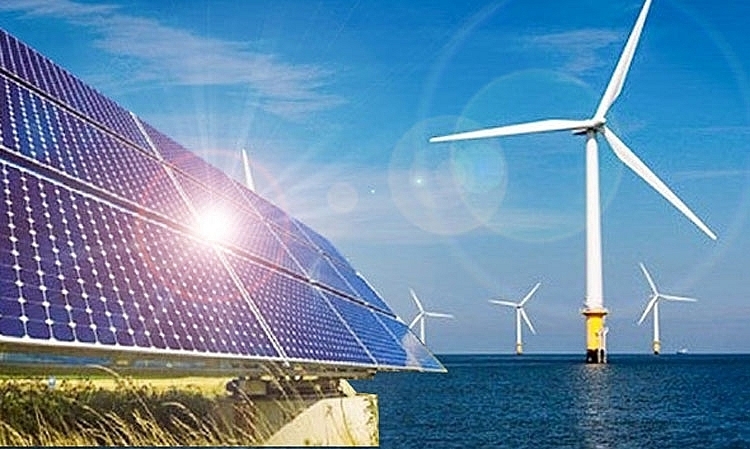
Resolution 70 is poised to catalyze a breakthrough in Vietnam’s renewable energy sector.
Q: What are the key breakthroughs in resolution 70 that could accelerate Vietnam’s renewable energy sector?
Ha Dang Son: Vietnam’s renewable energy policies have historically focused on reducing reliance on imported energy, leveraging domestic resources for self-sufficiency.
Since the Power Development Plan VII, which projected Vietnam’s transition to a net energy importer from 2015, the government has prioritized efficient use of local energy resources for electricity production. Renewable energy, particularly solar and wind, has been a key focus to diversify primary energy sources, conserve fuel, and enhance long-term energy security.
In earlier years, high investment costs constrained the scale of renewable energy projects. However, recent technological advancements and declining costs have made solar and wind power increasingly competitive compared to traditional sources.
Vietnam has also made strides in mastering key technologies, integrating into global supply chains for solar products, and supplying components for both domestic and international wind projects, including offshore wind. These developments demonstrate Vietnam’s capacity for international collaboration and technological self-reliance.
With energy demand growing rapidly, expanding renewable energy sources, infrastructure, and related services presents significant opportunities. Resolution 70 emphasizes the need to master technology and establish industrial-service hubs for energy manufacturing.
By fostering these capabilities, Vietnam can enhance its global competitiveness and build a sustainable energy ecosystem. The resolution’s focus on developing robust domestic industries ensures that renewable energy contributes not only to energy security but also to economic diversification and job creation.
Q: How do digital transformation and energy storage solutions support the practical implementation of renewable energy under Resolution 70?
Ha Dang Son: Renewable energy offers substantial benefits, including lower investment costs, increasingly affordable electricity generation, and alignment with Vietnam’s international commitments to reduce greenhouse gas emissions. However; its variability, due to dependence on weather conditions, poses challenges to providing a consistent and reliable power supply.
This intermittency requires complementary investments in backup power, flexible energy sources, and advanced energy storage systems to balance supply and demand while ensuring grid stability.
The Ministry of Industry and Trade is actively promoting research and partnerships with international organizations, foreign investors, and domestic private firms to accelerate the deployment of energy storage solutions.
These efforts are critical to addressing the technical limitations of renewables and ensuring a reliable power supply. Additionally, digital transformation plays a pivotal role in optimizing energy systems, enabling real-time monitoring, demand forecasting, and efficient grid management. Robust policies and incentives are essential to scale up these technologies and integrate them into Vietnam’s energy infrastructure, paving the way for a resilient and sustainable energy future.
Q: What specific policies and solutions should be prioritized to effectively mobilize private investment and implement Resolution 70, particularly in renewable energy?
Ha Dang Son: Vietnam’s renewable energy sector has seen rapid investment growth, but challenges such as inadequate transmission infrastructure have led to underutilized project capacity, reducing efficiency and eroding investor confidence.
Resolution 70 addresses these issues by advocating tailored mechanisms to streamline legal procedures, contracts, and project approvals. Resolving these bottlenecks transparently is a top priority to restore investor trust and demonstrate Vietnam’s commitment to building a serious and sustainable renewable energy market.
To further mobilize private investment, several key policies are critical. First, promoting green finance through capital and tax incentives will lower the financial barriers for private firms entering the renewable energy sector. Second, investing in workforce training and establishing research and technology transfer hubs will enhance Vietnam’s capacity to adopt and develop advanced solar and wind technologies. These initiatives will position Vietnam as a competitive player in the global renewable energy market.
A transparent and reformed electricity market is equally essential. The current uniform retail electricity price limits the Electricity of Vietnam (EVN)’s flexibility in negotiating with investors, constraining private capital inflows. A phased pricing reform that balances social welfare with investment attractiveness will create room for EVN to engage more effectively with private investors, encouraging greater participation in power generation and transmission infrastructure development.
Additionally, Resolution 70 emphasizes the need for synchronized development of energy infrastructure to ensure that new renewable projects can operate at full capacity. This includes upgrading the national grid to accommodate the growing share of renewable energy and integrating smart grid technologies to enhance efficiency.
By addressing legal, financial, and technical barriers, Vietnam can create a conducive environment for private sector investment, fostering a vibrant renewable energy market.
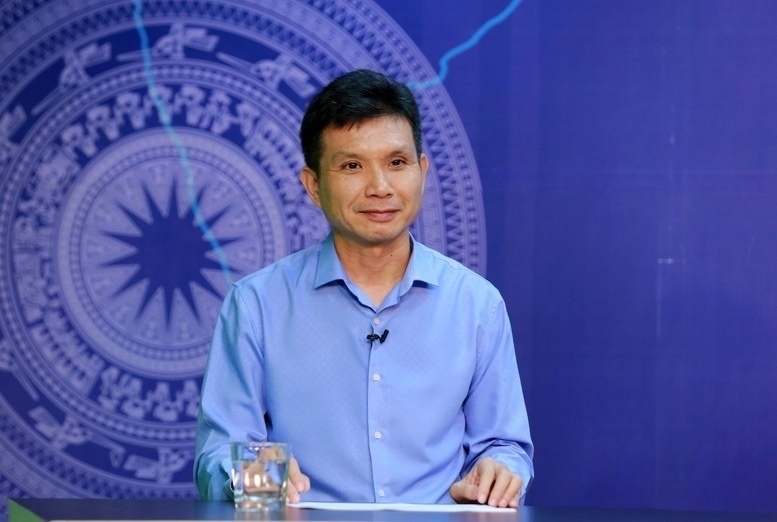
Energy expert Ha Dang Son
Resolution 70 not only addresses immediate challenges but also sets a long-term vision for Vietnam’s energy sector. By prioritizing renewable energy, technology mastery, and private sector engagement, the resolution aligns with Vietnam’s broader goals of sustainable development and global integration. The establishment of industrial-service hubs and the focus on green finance will create new economic opportunities, from job creation to technological innovation, while reinforcing Vietnam’s commitment to reducing carbon emissions.
The success of Resolution 70 hinges on effective implementation. The Ministry of Industry and Trade, in collaboration with local authorities and private stakeholders, must ensure that policies are executed transparently and efficiently.
By fostering public-private partnerships, streamlining regulatory processes, and investing in human and technological capital, Vietnam can unlock the full potential of its renewable energy sector.
This strategic focus will not only secure a stable energy supply but also position Vietnam as a leader in the global transition to clean energy. Resolution 70’s emphasis on private sector participation, technological advancement, and market reform provides a robust framework for sustainable growth, ensuring that Vietnam’s energy sector drives economic progress while meeting international environmental commitments.
Resolution 70-NQ/TW, issued on August 20, 2025, prioritizes renewable energy development to ensure national energy security through 2030, with a vision to 2045, offering unprecedented opportunities for private sector investment in Vietnam’s clean energy future.

19:05 | 23/03/2025 11:43 | 08/09/2025Energy
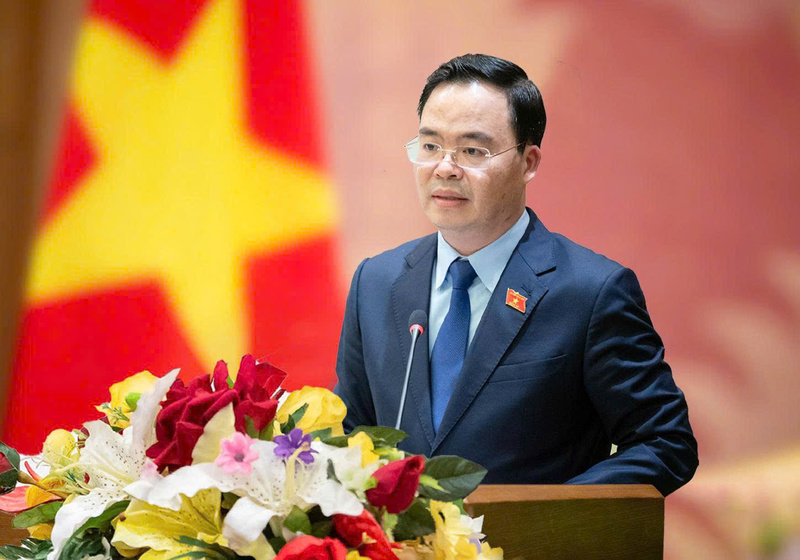
19:05 | 23/03/2025 21:35 | 05/09/2025Economy

19:05 | 23/03/2025 18:21 | 25/08/2025Economy
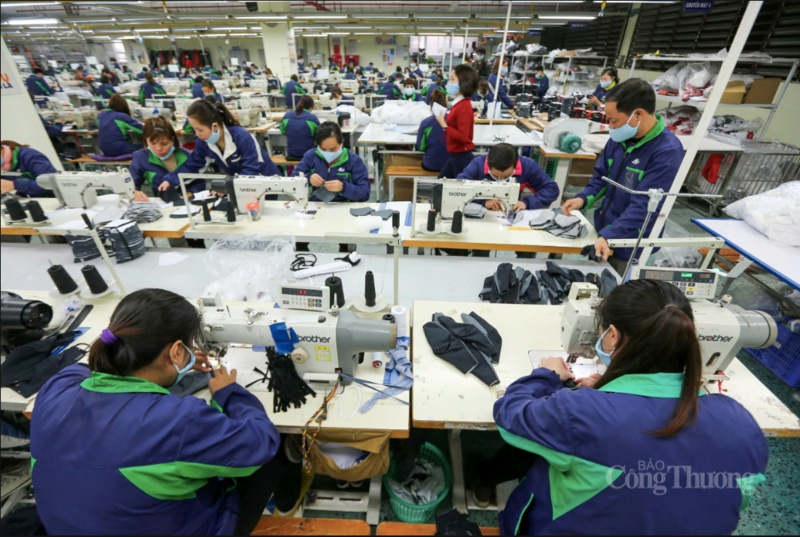
19:05 | 23/03/2025 11:18 | 17/12/2025Trade
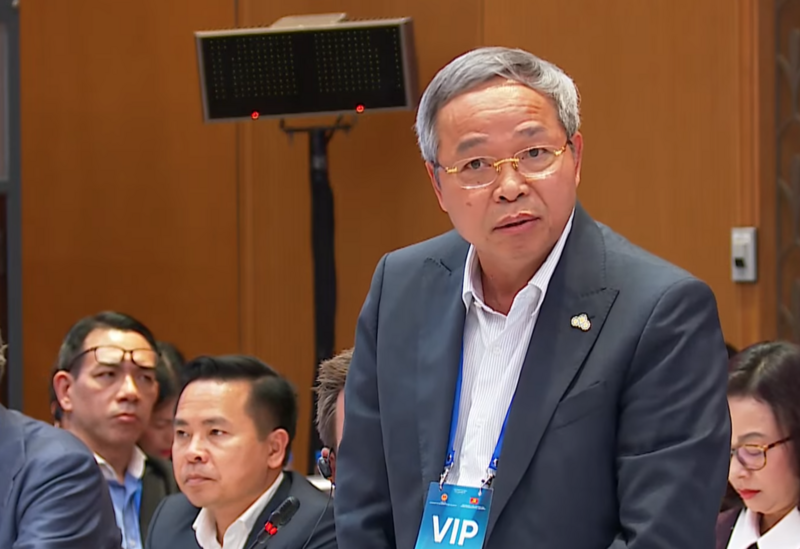
19:05 | 23/03/2025 11:17 | 17/12/2025Trade
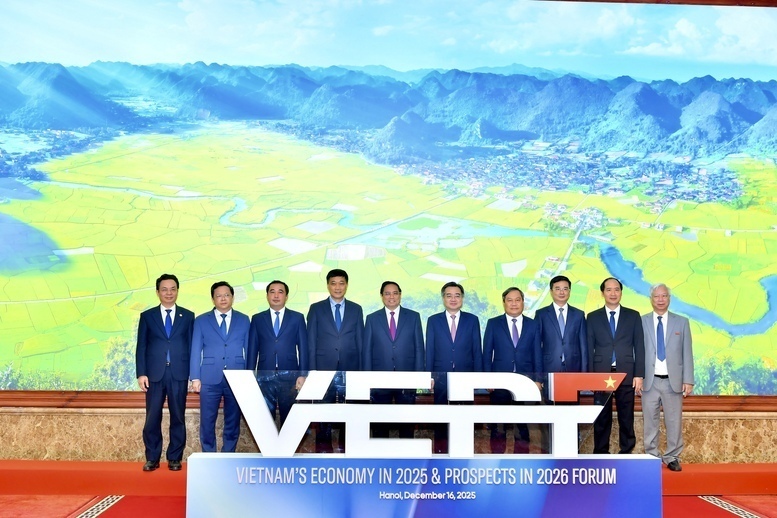
19:05 | 23/03/2025 09:50 | 17/12/2025Trade

19:05 | 23/03/2025 20:46 | 16/12/2025Industry
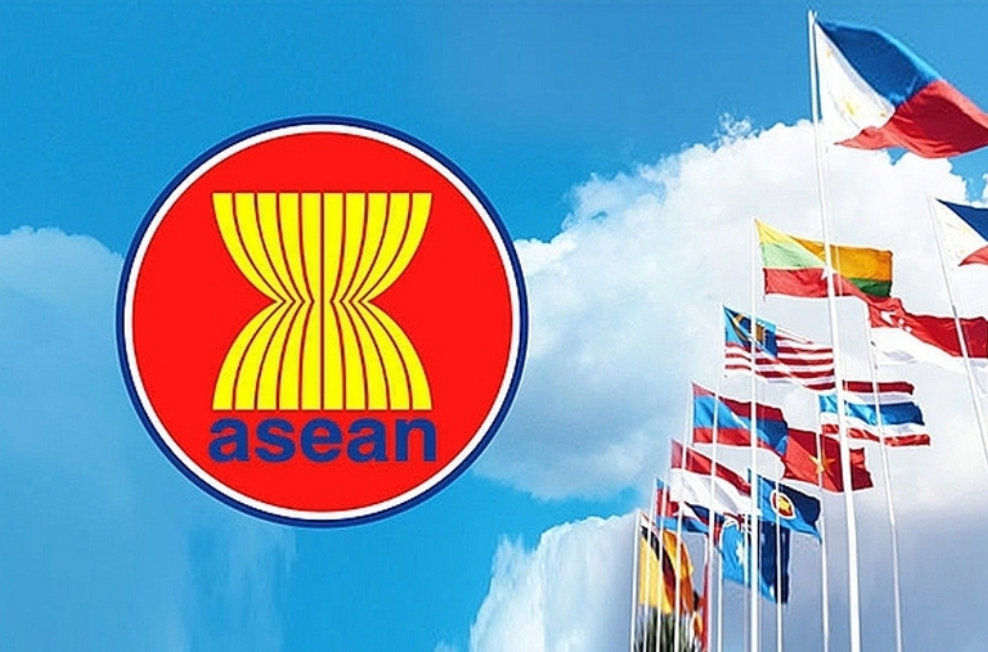
19:05 | 23/03/2025 20:41 | 16/12/2025News and Events